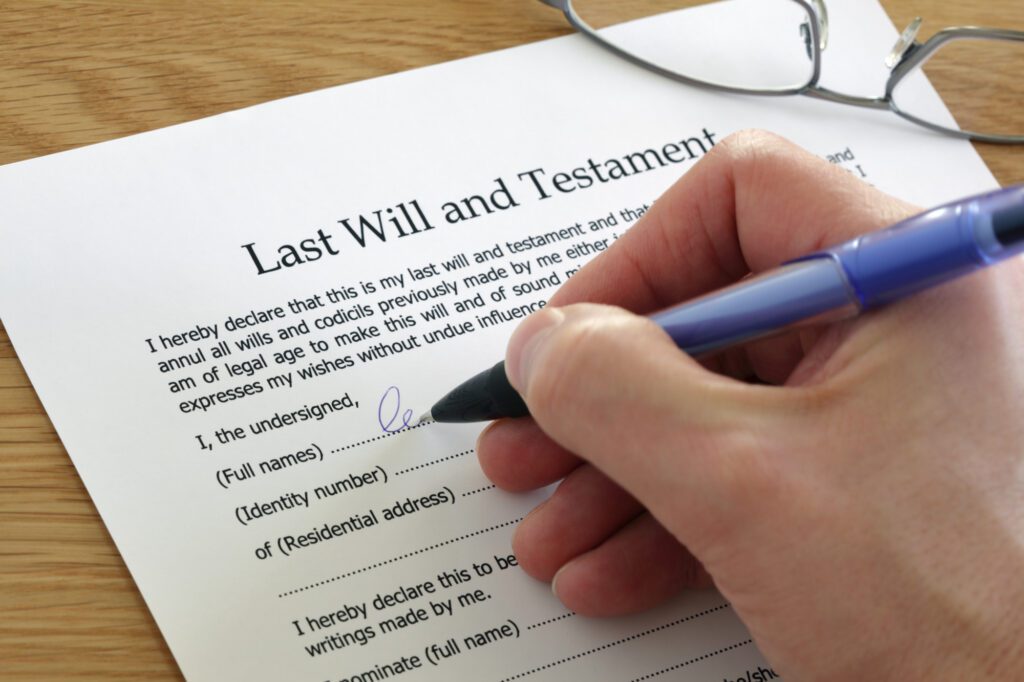Writing a will to protect your family and assets properly requires knowing what not to do. Here are common mistakes with writing wills and how to avoid them.
Did you know about 45% of Americans have wills? Many people shy away from writing wills. After all, you’re faced with a bit of a morbid task of saying goodbye to friends and family.
But if you have any assets or other vital assets, writing a will is crucial. You need to spell everything out to protect your loved ones and ensure everything goes where you want it to go. If you don’t leave clear instructions for your will, it can also lead to more strife among family members.
Keep reading to learn how to avoid mistakes with writing wills
1. Failing to Update or Review a Will
Failing to update or review a will can lead to confusion and dispute regarding estate distribution and other decisions upon the individual’s passing. Reviewing and updating your will as needed is essential to ensure that your will is up-to-date and your loved ones will respect your wishes. It is important to update your will to reflect any changes when significant changes occur, such as marriage, divorce, etc.
2. Making the Will Too Vague
Be clear so your wishes are carried out exactly as you would like them to be. If a will is too vague, there is much room for misinterpretation of who will receive what types of assets you have. Different people can have different interpretations of what the will states.
To avoid confusion, providing proper details in wills are essential. Indicate who is receiving it and the exact amount or percentage of it that is allocated.
Additionally, clarify the meaning of specific terms or phrases. Check out this probate service to help you clarify the nitty-gritty information you can add to your will.
3. Forgetting to Name a Guardian for Minor Children
Getting the proper guardians for wills are important as they are responsible for the children if something happens to you. You must ensure the right people are put in place.
If a guardian is not named in the will, a court must appoint someone, which can be a drawn-out process. To avoid complications, it is vital to ensure the right people are named in the will, either by the parents or a court.
4. Not Properly Signing and Notarizing the Will
Without a valid signature and the proper witnesses present for the signing, they will not hold up in court. It is essential to ensure that all parties, including the witnesses and the notary, sign, and date the bottom of each will page when it is completed.
If applicable, submit certified copies of the original to all relevant parties. To ensure that the will is appropriately notarized and legal, it is recommended to have a qualified lawyer review the will before signing.
5. Not Having Proper Witnesses
Two competent witnesses must be in attendance when signing a will. Witnesses must not be direct beneficiaries or spouses of the will-maker. Otherwise, their inheritance may be called into question. It is best to have a neutral and unbiased witness present, such as a lawyer, accountant, or any other individual approved by the jurisdiction where the will is being executed.
Avoid the Most Common Mistakes With Writing Wills
Taking the proper steps and being aware of the common mistakes with writing wills can help you avoid the loss of your property or other family members being excluded.
Contact a lawyer to ensure your choice is valid and enforceable in every state. Consider updating a will if there’s a significant life event.
Want to learn more? Visit our website for the latest guides and insights for all your needs!
